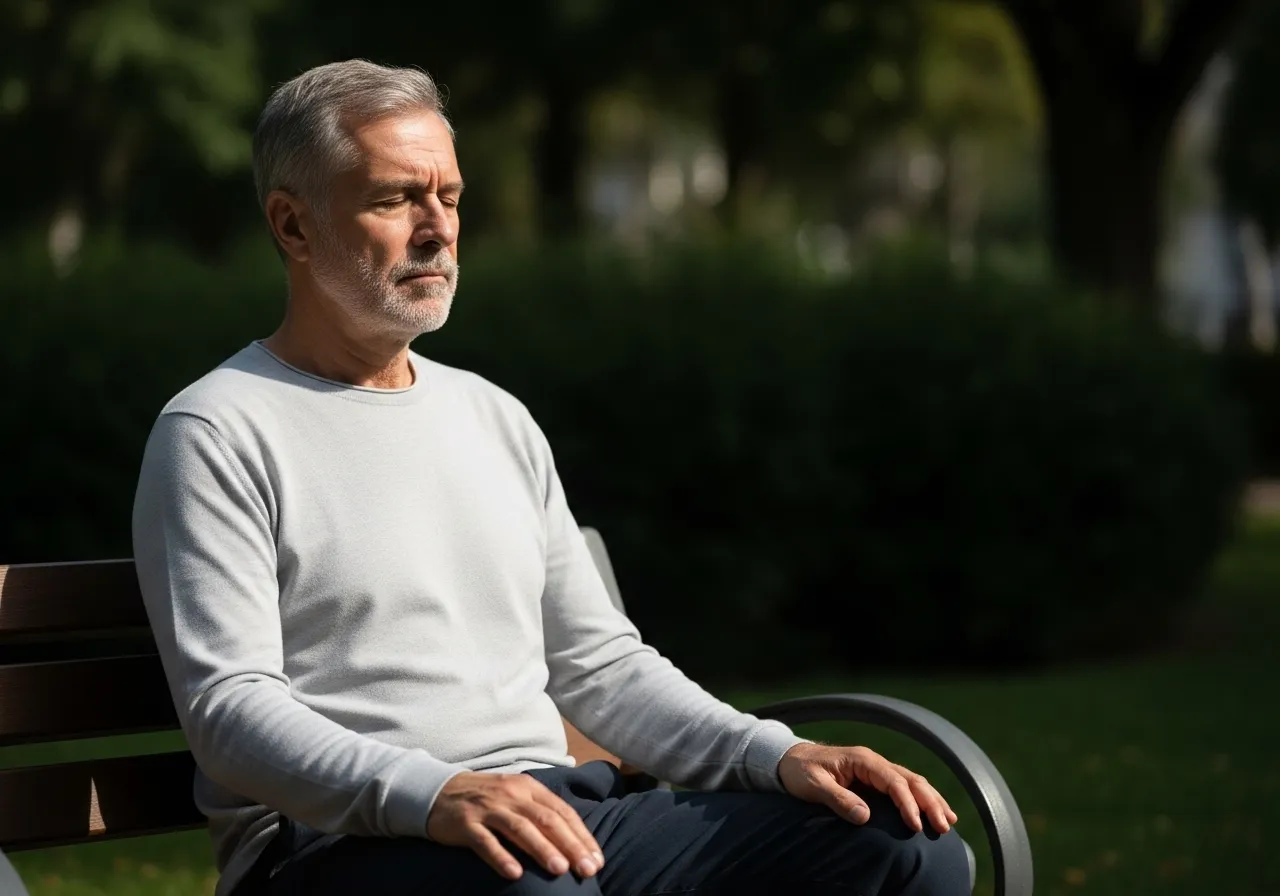
Overcoming Common Hurdles and Adapting the Practice
When you begin any new skill, you will encounter challenges. This is a normal part of the learning process. Knowing what to expect can help you navigate these hurdles with patience and perseverance, rather than giving up. Here are some of the most common difficulties people face when starting meditation and how to adapt the practice to fit your needs.
“My Mind Is Too Busy!”
This is perhaps the single most common concern for new meditators. The feeling that your mind is racing with thoughts is not a sign that you are failing at meditation; it is a sign that you are becoming aware of how busy your mind normally is. The goal is not to silence your thoughts. The true practice lies in the moment you realize you’ve been distracted. That moment of awareness is a victory. Instead of judging yourself, celebrate that you noticed. Then, gently and without force, escort your attention back to your breath. Think of your attention as a puppy you are training. You wouldn’t scold the puppy for wandering off; you would simply and kindly lead it back. Each time you do this, you are performing a mental “rep” that strengthens your focus.
Physical Discomfort or Pain
Sitting still for even a few minutes can be challenging if you live with chronic pain, arthritis, or stiffness. It is essential to prioritize your physical comfort. Do not force yourself into a position that causes sharp or intense pain. Use cushions to support your back, a blanket to keep you warm, or a footstool to elevate your legs. It is perfectly fine to shift your position mindfully during meditation if you need to. For some, it can be a powerful practice to bring mindful awareness to a sensation of discomfort, observing it with curiosity instead of resistance. However, it is critical to distinguish between the mild ache of sitting still and a signal of genuine physical distress. Always listen to your body and consult a doctor about new or severe pain.
Feeling Drowsy or Falling Asleep
If you find yourself nodding off during your practice, it might simply mean you are tired and need more rest. It can also be a sign that you have entered a state of deep relaxation. If you want to stay more alert, try practicing at a different time of day, such as the morning instead of right before bed. Ensure you are sitting in an upright, supported posture rather than slumping. You can also try meditating with your eyes partially open, resting your gaze softly on the floor in front of you. A short, mindful walking practice can also be an excellent alternative when you are feeling sleepy.
Cognitive or Hearing Challenges
Cognitive changes and hearing loss are common aspects of aging that can affect a meditation practice. If you have difficulty following complex instructions, stick to the simplest practice of all: just feeling one breath at a time. You do not need to remember a long sequence of steps. If you are using a guided meditation and have hearing loss, using headphones can make a significant difference. It is also a reminder of the importance of regular hearing and vision checks. Unaddressed sensory impairments can impact everything from social engagement to cognitive assessments, so it is vital to have them professionally evaluated.










Leave a Reply